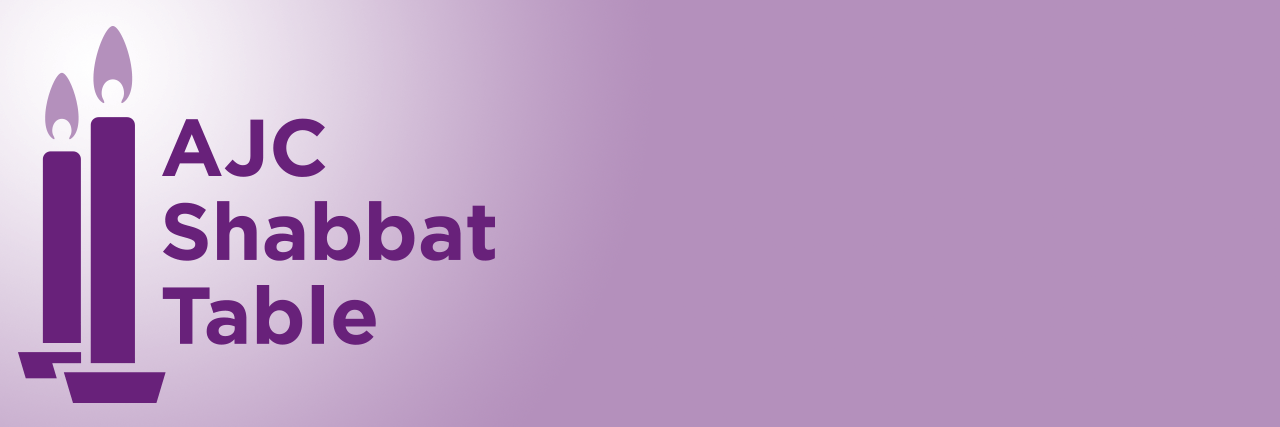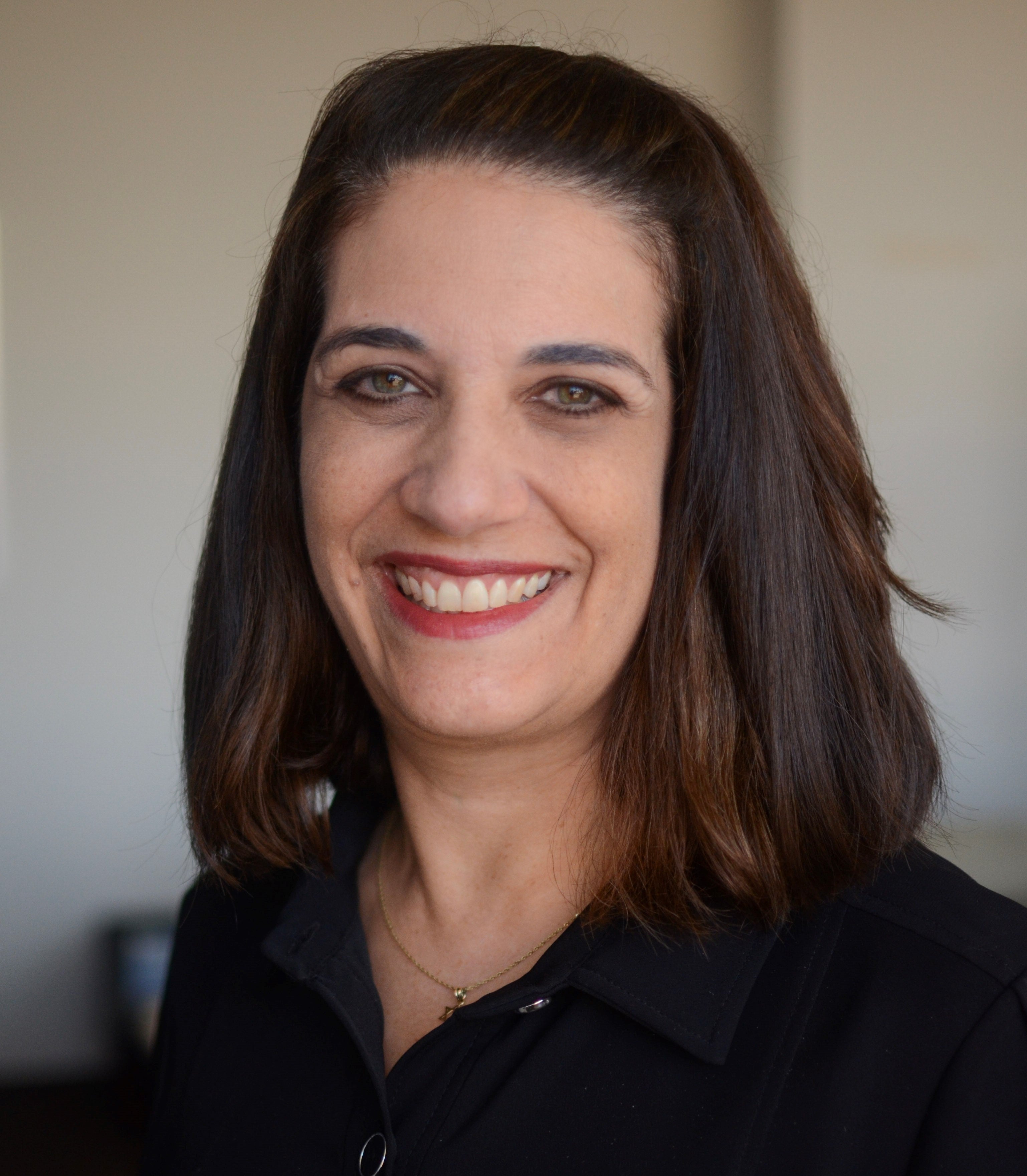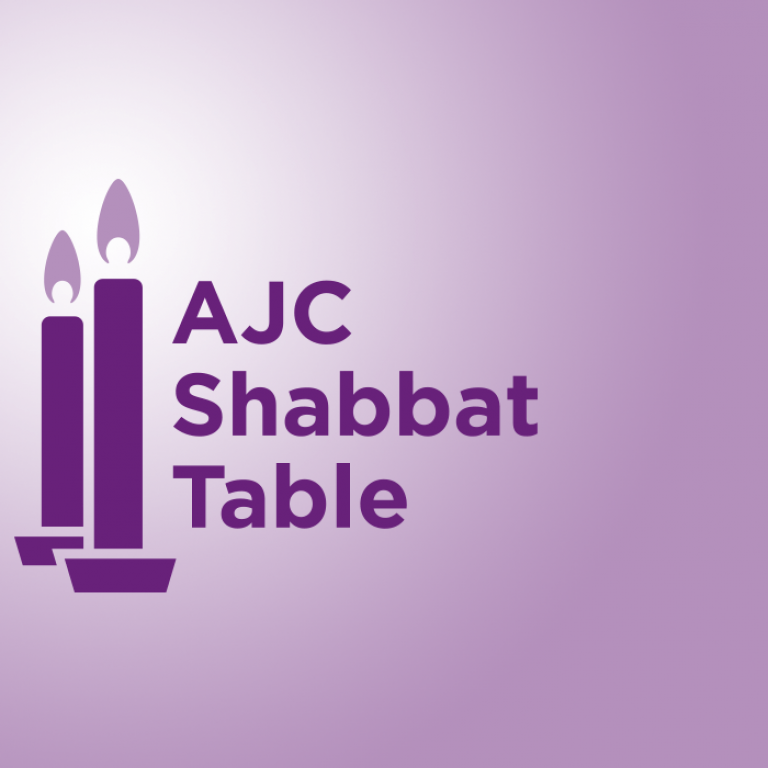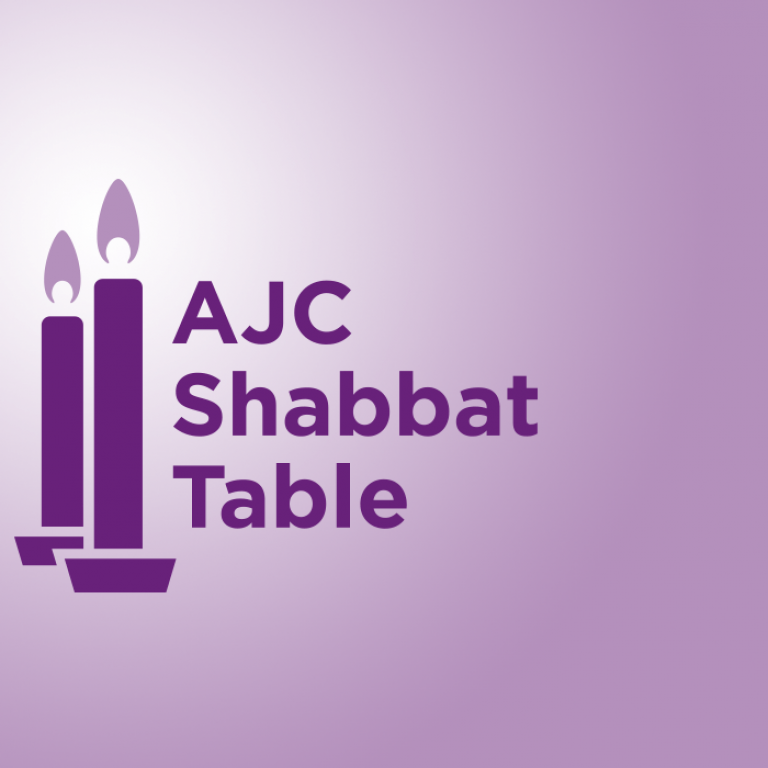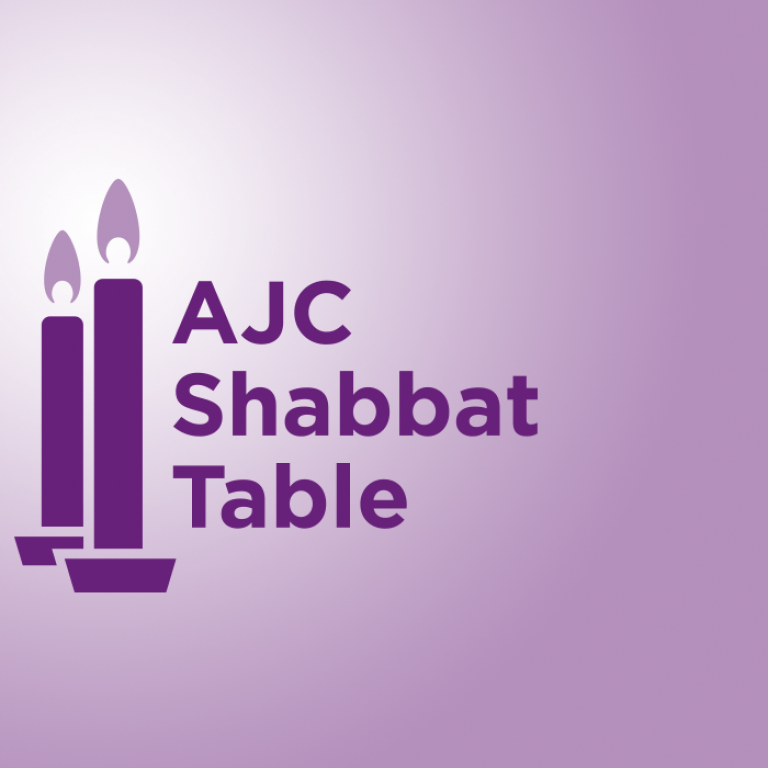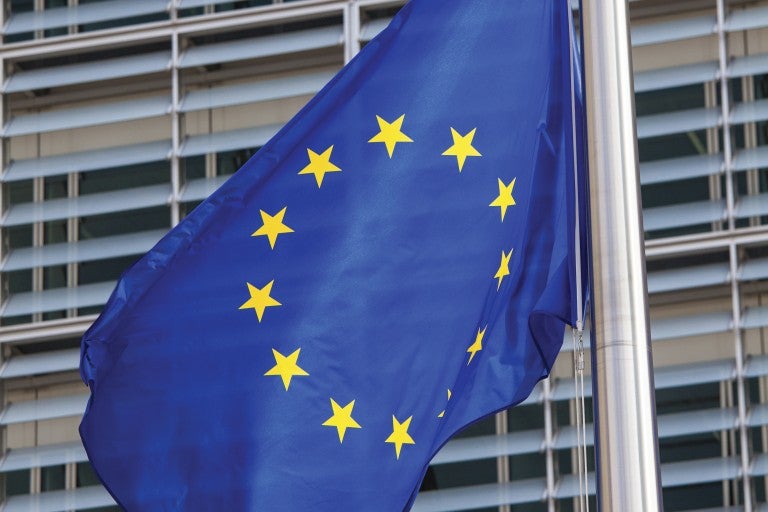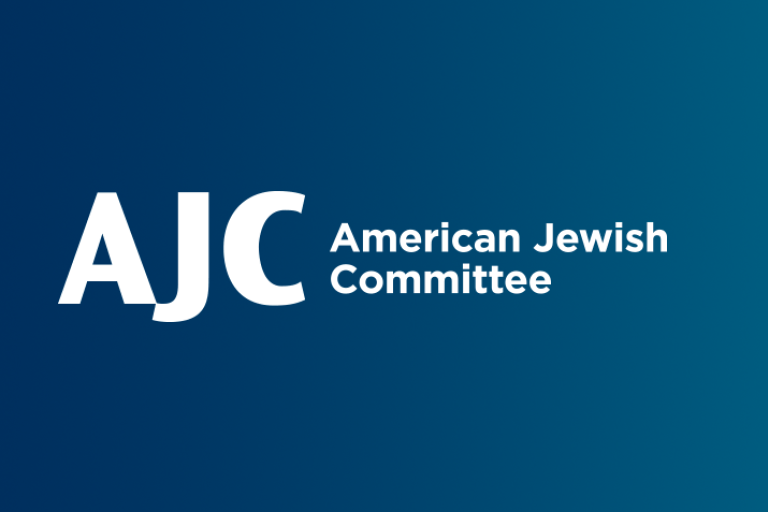October 16, 2020
This Shabbat: Parshat Breishit
This week, Jews around the world will begin the cycle of reading the Torah again with the first chapter of the Book of Genesis, or Breishit in Hebrew. It is well-known that Chapter 1 of the Book of Genesis tells the Biblical story of creation - but many are not aware that there is actually a second creation story in Chapter 2 of the book of Genesis. How can this be? Why would there be two different creation stories? This question has been discussed and debated by rabbis and Bible scholars for hundreds of years. Many traditional scholars from medieval times to the present believe that the two stories are necessary in order to give two different and yet equally important perspectives on creation. In modern times, this ideology is perhaps most powerfully articulated in Rabbi Joseph B. Soloveitchik’s book Lonely Man of Faith. Other modern Bible scholars argue that the existence of two creation stories is all the evidence necessary to show that the Bible is not divine in origin, but rather a stitched-together compilation of stories from multiple authors. While the argument of why two creation stories exist is both fascinating and theologically important, we would like to point out another idea that comes from two creation stories: the importance of multiple perspectives. One event can be viewed so many different ways depending on the lens of the viewer. Part of being a good advocate for Israel and the Jewish people is understanding that even others of good faith may see events, ideas, and situations very differently than we do. Understanding their perspectives helps us refine our own thinking and the way we present our ideas to the world. Whether the two creation stories are a divine message to us or not, they remind us of the importance of seeing the world through more than just our own lenses.
This Week in Jewish History
October 13, 1881 - Eliezer Ben Yehuda and friends decide to speak exclusively in Hebrew
For the nearly 2,000 years that Jews spent in exile from the Land of Israel, Hebrew was not a spoken mother tongue. Jews, particularly male Jews, could read and understand Hebrew, and used the language for prayer and for studying the Bible and rabbinic texts. But nobody spoke Hebrew as an everyday language. As Zionism took hold in the Jewish community in the late nineteenth century and Jews began returning to the Land of Israel, much discussion and debate ensued about what a new Jewish state might have as its official language. Believe it or not, one of the most popular choices was German! (This was well before the Holocaust, of course.) But, as we know, the language that was ultimately chosen was Hebrew - the ancient Jewish language that really did not exist in spoken form. Eliezer Ben Yehuda played perhaps the biggest role in its revival. Ben Yehuda, who was born in Belarus, moved to Palestine in 1881 with the earliest Zionist pioneers. Shortly after moving, he and his friends decided that the only way to revive Hebrew as a spoken language was … to speak it! On October 13, 1881, the group decided to only speak Hebrew from then on. It wasn’t easy - as a language that had been used almost exclusively for religious discourse for 2,000 years, Hebrew did not have words for things like trains, telephones, or ice cream. Its syntax was overly formal and literary. It had no slang. But, committing to speaking the language was what made it a spoken language. When words did not exist, Ben Yehuda and his circle created them or borrowed them from another language, most often Arabic because its structure as another Semitic language so closely resembled that of Hebrew. Today, Hebrew is a vibrant language, spoken as a mother tongue by millions of people in Israel and around the world. There are Hebrew novels, poems, songs, TV shows, and movies. The story of the rebirth of Hebrew is a miraculous one. To date, it is the only revival of a dormant sacred language known to humankind. You can read more about the storied life of Eliezer Ben Yehuda and his crusade to revive the Hebrew language as a mother tongue here
October 23, 1973 - Rabbi Sally Priesand gives the blessing in Congress
Today, we take for granted both the role of Jewish women clergy and the acceptance accorded to women rabbis in most streams of American Judaism. But, in fact, women rabbis are a relatively new phenomenon, only existing for the past half century. The trailblazer we have to thank is a modest and unassuming rabbi named Sally Priesand. Rabbi Priesand was the first woman in history to be ordained as a rabbi by a rabbinical seminary, graduating from Hebrew Union College-Jewish Institute of Religion in 1972, and serving as a beloved pulpit rabbi until her retirement in 2006. Priesand’s ordination was a cornerstone of women’s equality in Reform Judaism, and paved the way for ordination of women in the Conservative and Modern Orthodox communities in years to come. In addition, her groundbreaking position promoted awareness among Jewish women concerning equality within the religious and secular world. Amazingly, Rabbi Priesand did not only make history in the Jewish world; she also did so in the world of American politics. She was the first woman - and therefore, of course, the first Jewish woman - to offer the opening prayer in the United States House of Representatives. Opening Congress with a prayer is a tradition that dates back to the founding of the United States. The first Jew to offer that prayer was Rabbi Morris J. Raphall, the rabbi of Congregation B'nai Jeshurun in New York City, in 1860. But no woman had ever done so until 1973. On October 23, 1973, at the invitation of Congresswoman Bella Abzug, Rabbi Sally J. Priesand offered the opening prayer in the United States House of Representatives. Priesand’s trailblazing career as the first woman rabbi in the United States and the first woman to offer a prayer before Congress speaks volumes about the success of American Jewry. While of course American Jews continue to face many external and internal challenges with respect to growing antisemitism and assimilation, we can celebrate the fact that Jews have been accepted at the highest levels of American government and have also succeeded at innovating to keep Judaism alive and fresh in the modern world.
For Shabbat Table Discussion: Facebook and Holocaust Denial
On Monday, Facebook announced that it would ban and remove material denying or distorting the Holocaust from its site. This was a reversal of CEO and founder Mark Zuckerberg’s 2018 statement that Facebook would not censor such material out of concern for free speech. Facebook changed its policy due in substantial part to lobbying from a number of key Jewish organizations, AJC chief among them. Facebook executives were also startled by the results of a study conducted by the Conference on Jewish Material Claims Against Germany (the “Claims Conference”), which showed woeful ignorance about the Holocaust across all 50 states among Millennials and those born between the mid-1990s and early 2010s. That study, the U.S. Millennial Holocaust Knowledge and Awareness Survey, which studied Millennial and Gen Z Americans in all 50 states of the U.S., showed an abysmal lack of knowledge about the Holocaust: 63% of the respondents did not know that six million Jews were murdered and 36 percent thought that “two million or fewer Jews” were killed during the Holocaust. Additionally, 48 percent of respondents could not name a single concentration camp. Perhaps most disturbingly, nearly 20% of Millennials and Gen Z New Yorkers reported feeling that the Jews caused the Holocaust. As Facebook’s blog post on the decision stated, “Our decision is supported by the well-documented rise in anti-Semitism globally and the alarming level of ignorance about the Holocaust, especially among young people.” Interestingly, on Wednesday, Twitter followed suit, saying in a statement that it will remove any posts that deny the Holocaust because they violate its for hateful conduct policy.
Questions for discussion at your table:
- How should social media platforms balance their competing commitments to freedom of speech and barring hate speech? How concerned should social media be about each?
- Why would people want to deny the Holocaust? There’s so much evidence that it happened and even the perpetrators themselves did not deny it!
- Why do you think Facebook is suddenly changing its tune regarding its hate speech policies? Why did Twitter follow suit so quickly?
For more information about how to talk to your children about Facebook’s decision to ban material denying or distorting the Holocaust:
- Read AJC's statement about Facebook’s decision
- Read the disturbing results of the Claims Conference Study of Holocaust Knowledge among Millennials and Gen Z.
- Watch Holocaust Studies Professor Deborah Lipstadt’s TED Talk on Holocaust Denial and for a more in-depth look, read her book Denying the Holocaust.
- Watch the film Denial with your kids. It’s the powerful and true story of Deborah Lipstadt’s defense against a Holocaust denier who sued her for libel. The film delves into the deep antisemitism that underlies Holocaust denial and explores the headspinning world of those who deny proven facts, arguing that they are simply another opinion.
Shabbat shalom!
שבת שלום!
